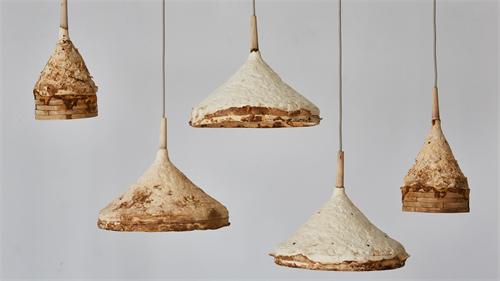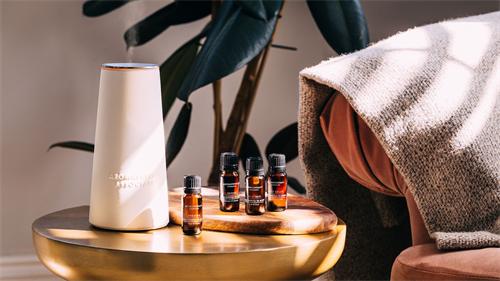How Mushroom Mycelium Is Growing the Future of Home?

Mushroom mycelium—the filamentous root structure of fungi—has emerged as a versatile, fast-growing material that binds agricultural byproducts into strong, lightweight composites, enabling fully biodegradable furniture alternatives to plastics and foams. Companies like Ecovative have demonstrated that chairs, tables, and storage units can be “grown” in days and composted at home within weeks, marrying modern aesthetics with circular-economy principles. From texture-rich lampshades to molded leather substitutes for upholstery, designers worldwide are harnessing mycelium’s regenerative properties to create healthy, low-impact living spaces that reconnect us to nature’s life cycle.
Mushroom mycelium consists of a dense network of hyphae that binds organic substrates—such as hemp hurds or straw—into self-supporting structures under ambient conditions, storing carbon and requiring minimal energy inputs. Unlike conventional plastics derived from fossil fuels, mycelial composites can be cultivated in simple molds within a week and, once dried, exhibit tensile strengths comparable to low-density foams or natural leathers. After serving their purpose, these materials return harmlessly to the earth in as little as 45 days, closing the loop on waste and offering homeowners a tangible connection to natural cycles.
Mycelium in Modern Furnishings
Ecovative’s Mushroom® Materials have matured from packaging foams to full-scale furniture collections—chairs, desks, and cabinets that are safe to manufacture, healthy to use (no off-gassing), and entirely compostable at end-of-life. These pieces boast insulating properties, reducing indoor temperature swings while minimizing embodied carbon compared to timber or plastics.
At Milan Design Week, VUB researchers unveiled a capsule collection of jackets and chairs grown purely from mycelium, spotlighting its flexibility for both fashion and furniture. Meanwhile, Anomalia’s MycoMyseum features the MycoLiving chair wrapped in Mylea, a mycelium-based leather that combines recyclability with a soft, tactile finish. Adorno Design’s Mycelium series further blends clean Scandinavian lines with earth-friendly storytelling, proving that eco-responsibility and high-end style need not be mutually exclusive.
For the home-based maker, DIY mycelium kits enable cultivation of bespoke forms—planters, decorative panels, even small stools—by inoculating waste substrates with fungal spores and nurturing them in simple at-home setups. This hands-on approach not only reduces reliance on plastic moldings but also fosters a deeper understanding of material life cycles within the household.
Despite its promise, scaling mycelium furniture faces hurdles in consistent quality control and large-scale production logistics. Durability under humidity fluctuations and standardization of mechanical properties require further research. Ongoing studies aim to optimize substrate blends and post-processing treatments to enhance water resistance and longevity, paving the way for load-bearing architectural panels and even structural building blocks.



